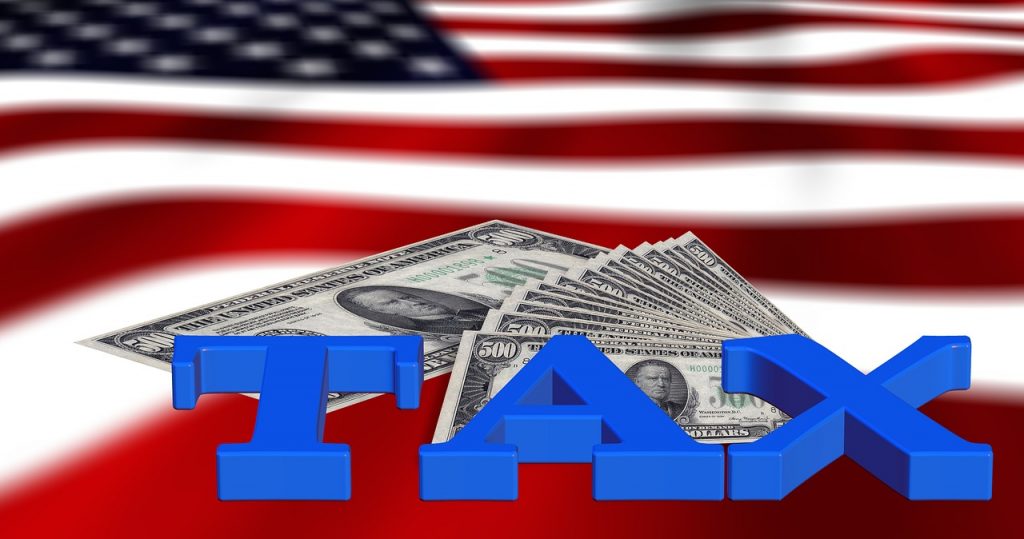 On March 25, 2014, the U.S. Supreme Court ruled in favor of the IRS in a case against a now-defunct employer, Quality Stores. At issue was the question of whether severance pay for laid off workers was subject to Social Security and Medicare taxes under the Federal Contributions Act (FICA). The employer paid the tax when it was due, but later, applied for refunds on behalf of the company as well as the former employees. More than a decade later the case — United States v. Quality Stores, Inc, et al (No. 12-1408) — made its way to the nation’s highest court.
On March 25, 2014, the U.S. Supreme Court ruled in favor of the IRS in a case against a now-defunct employer, Quality Stores. At issue was the question of whether severance pay for laid off workers was subject to Social Security and Medicare taxes under the Federal Contributions Act (FICA). The employer paid the tax when it was due, but later, applied for refunds on behalf of the company as well as the former employees. More than a decade later the case — United States v. Quality Stores, Inc, et al (No. 12-1408) — made its way to the nation’s highest court.
Background
In 2001 and 2002, agricultural specialty retailer Quality Stores ceased operations, which included laying off 3,100 employees. In the process, the company withheld FICA taxes from the severance pay given to 1,850 terminated employees. Those amounts, along with the employer’s proper share of the same taxes were paid to the government on a timely basis, just as they would be paid on regular wages.
Later, while in bankruptcy court, Quality Stores had a change of heart. That’s when the company sought to recoup those payments from the IRS for amounts paid both by the employer and by the former employees. The total employment tax payments in question were roughly $1 million.
The SUB Debate
What was the basis of the employer’s argument? Quality Stores maintained the severance payments amounted to “supplemental unemployment benefits” (SUBs) which it contended are not subject to FICA taxes. The bankruptcy court agreed, and the IRS appealed. Quality Stores prevailed again at the Cincinnati-based U.S. Court of Appeals for the 6th Circuit (which covers Michigan, Ohio, Kentucky and Tennessee), and the IRS appealed yet again, to the Supreme Court.
After the appeals court shot down the IRS, scores of employers in the states covered by the 6th Circuit piled on, claiming refunds for FICA taxes they had paid on behalf of laid-off workers on severance payments. Employers elsewhere were also hoping to cash in on what seemed like a legitimate tax refund. If Quality Stores prevailed at the Supreme Court level, the estimates of total refunds which would have to be awarded nationwide could have reached as high as $1 billion.
The high court sided with the IRS, on the basis of the opinion that only severance payments that are tied in with state unemployment benefit plans constitute SUBs. The severance Quality Stores paid to employees varied based on job seniority and time served, not on the receipt of state unemployment benefits.
Definition of Wages
In its opinion, the Court stated that FICA defines “wages” broadly, to include “all remuneration for employment,” adding, “as a matter of plain meaning, severance payments fit this definition.” The Court said FICA’s definition was strengthened by the fact that it identified exceptions, to add precision to its definition. An example of an exception is severance payments which are paid to employees who retired early due to a disability.
Regarding SUBs, the Court held that Quality Stores wrongly assumed that all categories of SUBs were exempt from FICA taxes. The relevant tax law section (Section 3402(o)) addressing SUBs “must be understood in terms of the regulatory background against which it was enacted.” After describing the context, the Court held, “The assumption that Congress meant to exclude all SUBs from the definition of wages is unsustainable.”
In a perfect world, you would never need to be concerned about what taxes are withheld from severance payments because you would never need to pay severance. Keep in mind, however, employers are under no obligation to have a severance plan in the first place.
Then why bother?
You’d bother with severance pay for the same reason you offer any other benefits — to attract and keep talent on board. The availability of severance pay might be of particular importance in a cyclical industry. New employees in a cyclical industry would likely worry about how long their jobs might last. Also, recall that severance is only a contingent benefit, paid under a specific scenario, and only to impacted employees.
Be aware, however, severance plans are subject to a variety of legal requirements, unrelated to the tax issue addressed by the Supreme Court. Severance plans typically fall under the domain of ERISA, the massive federal law which also governs retirement and welfare plans. If you have a severance plan, contact GTM to see whether it is considered an ERISA plan, and if so, whether it complies with this law.

